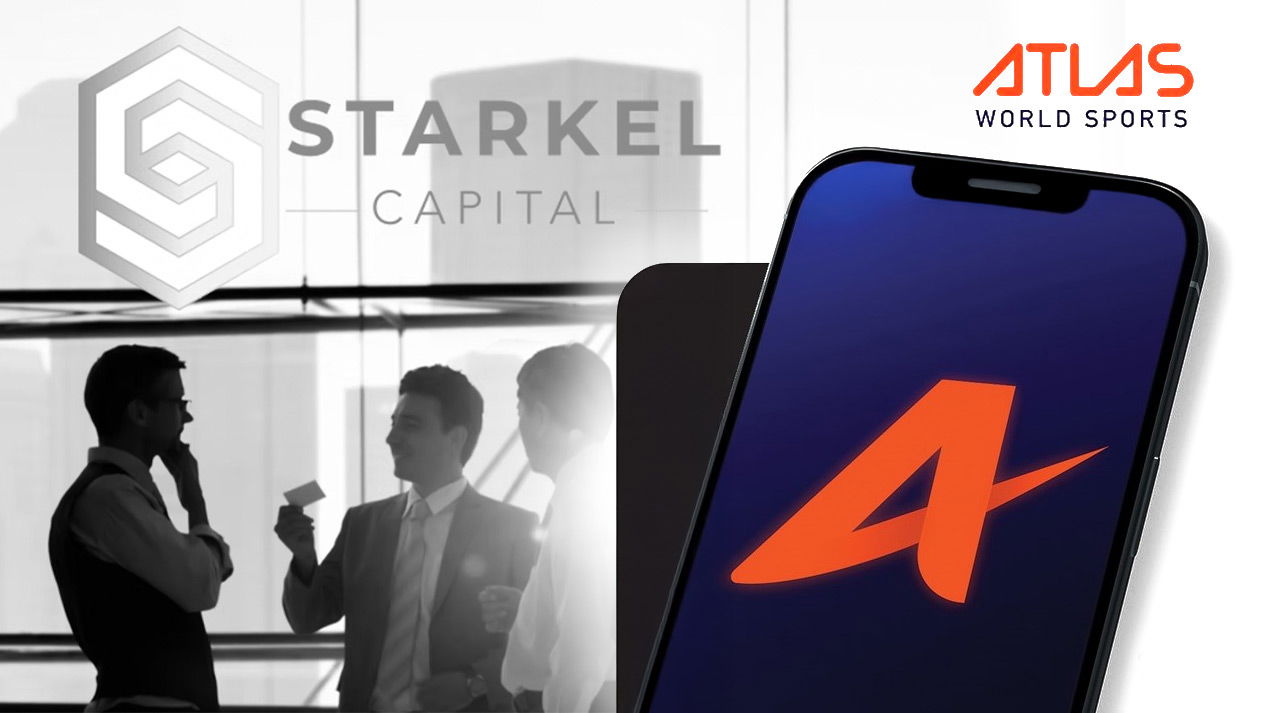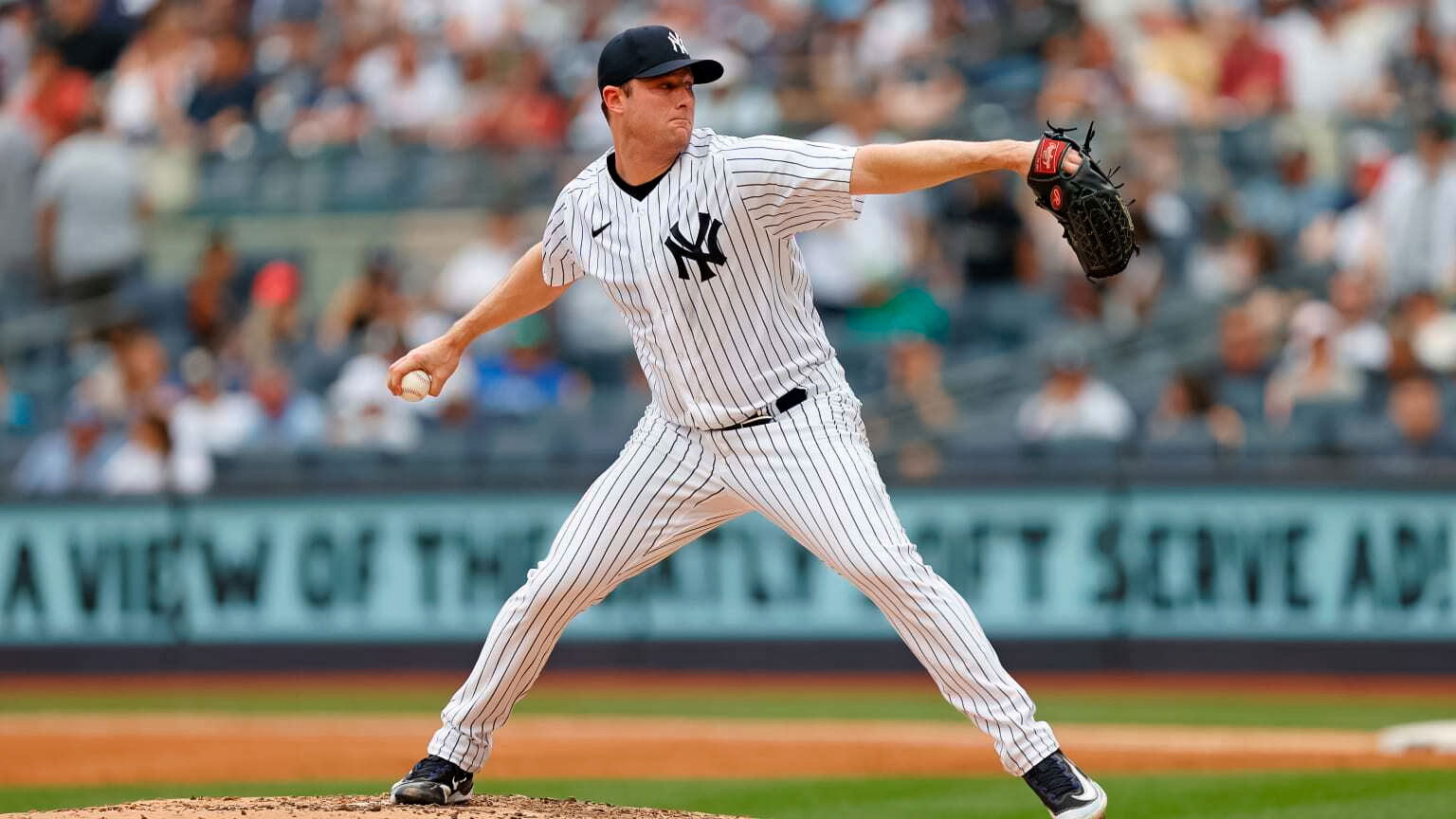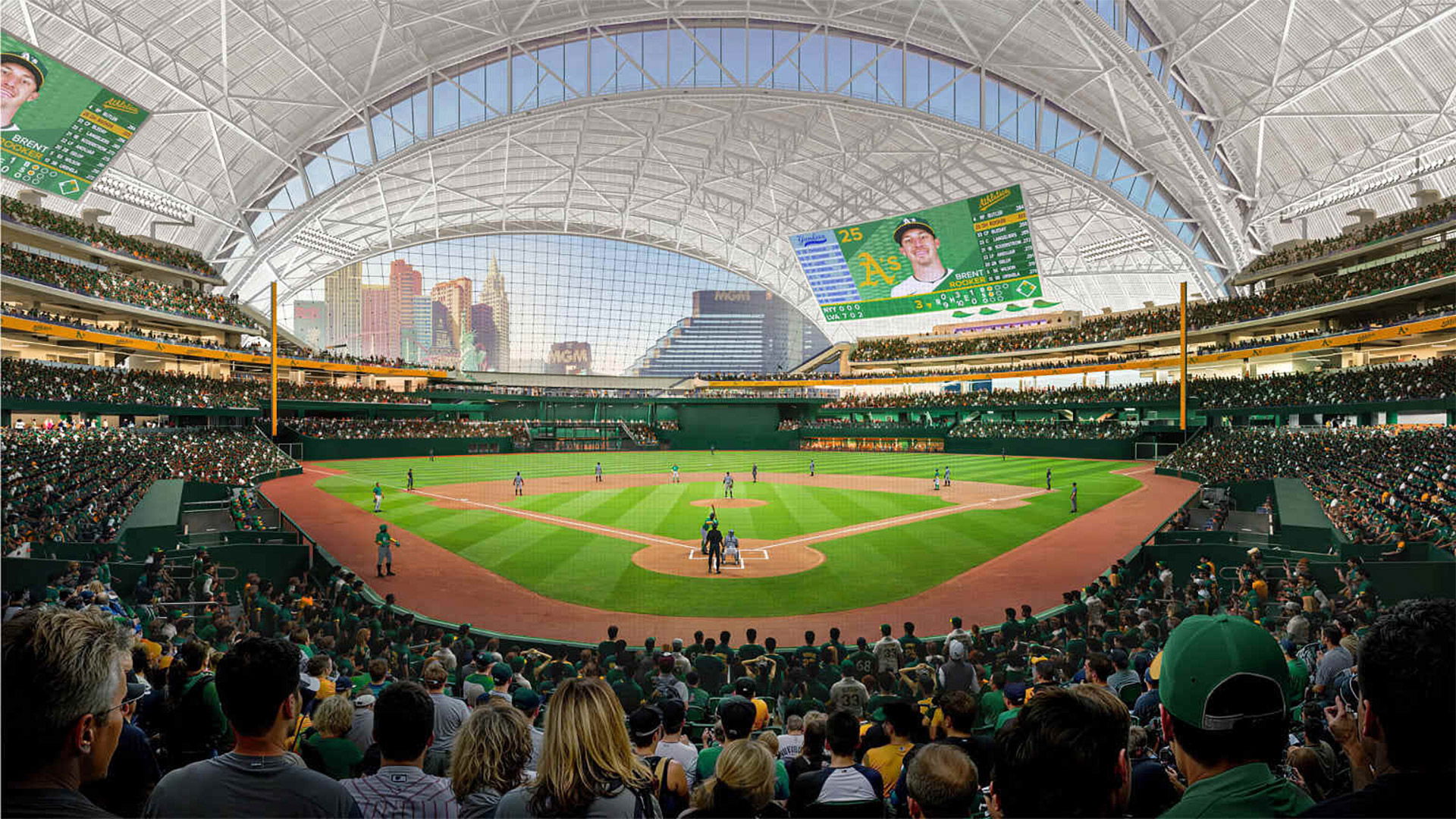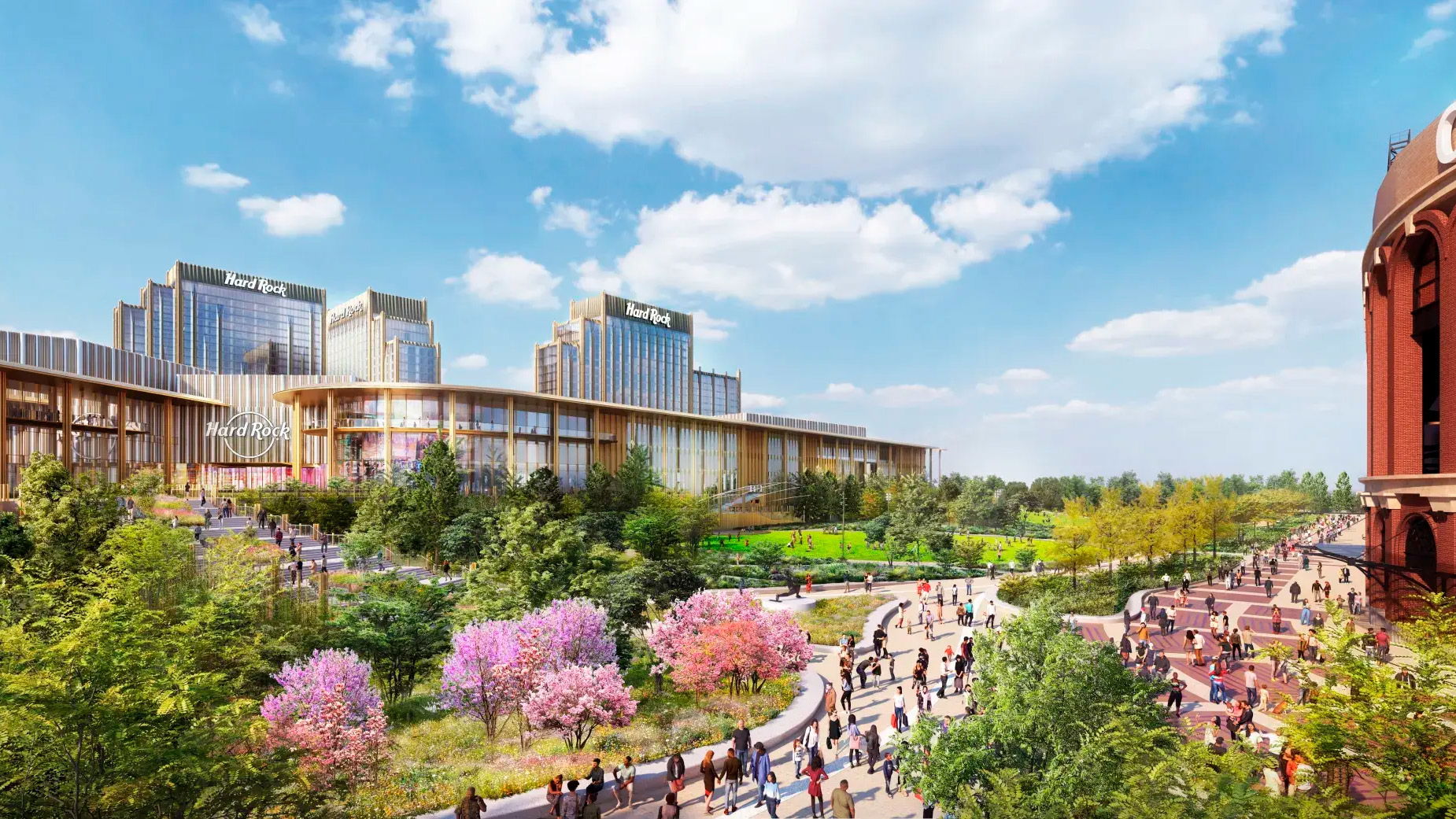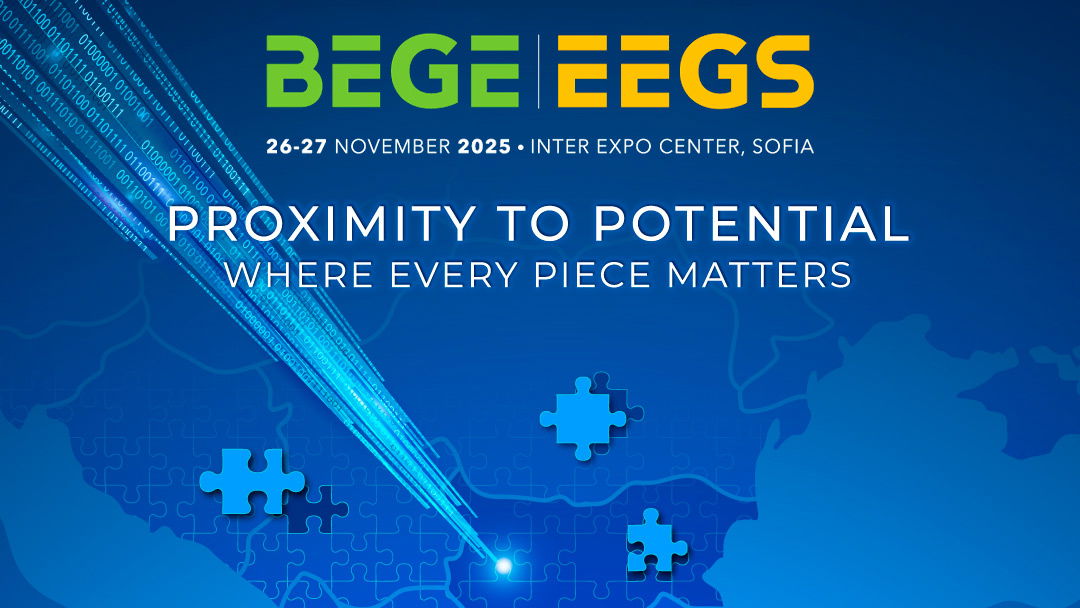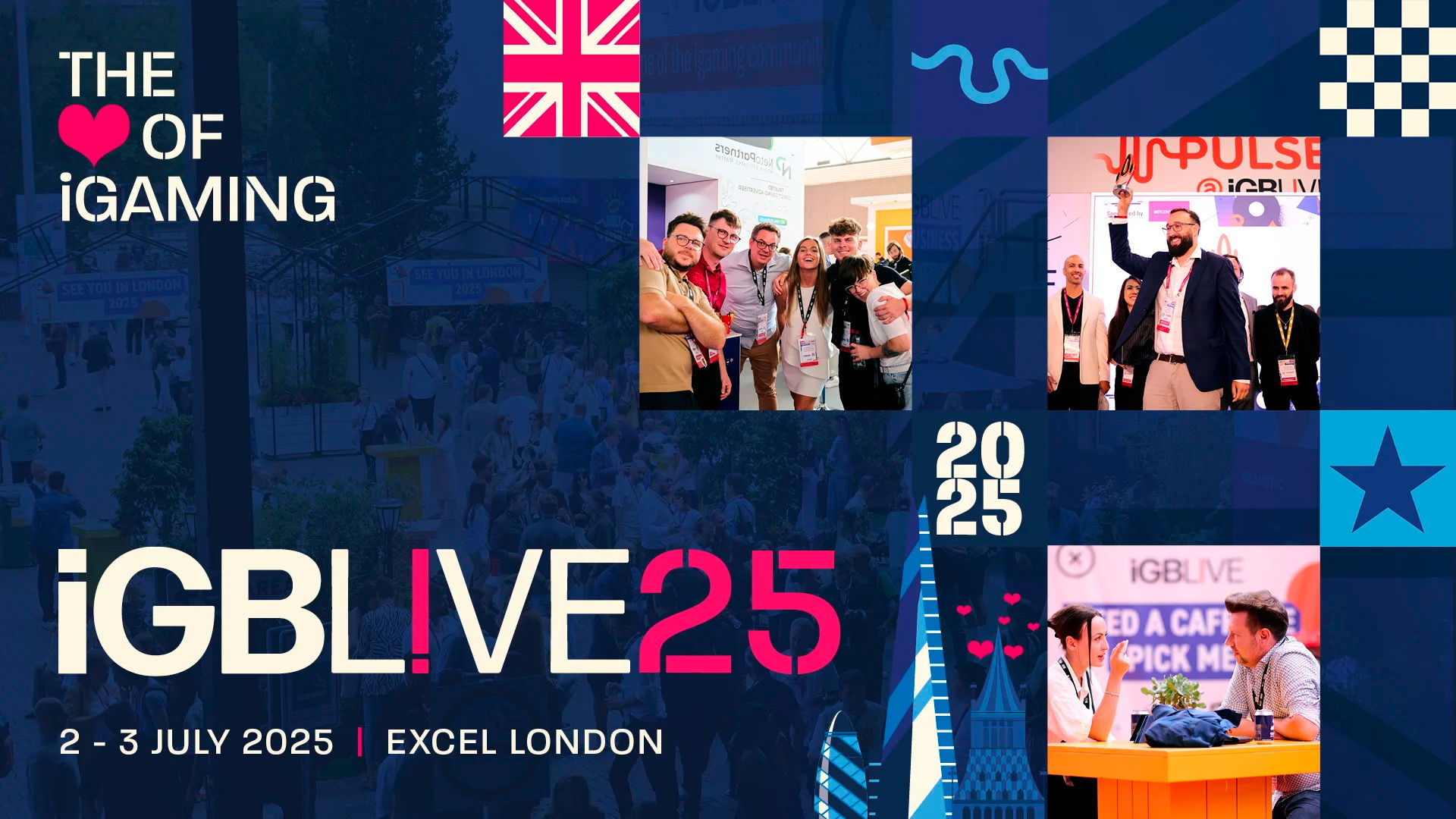City-run GambetDC reportedly costs the district $4M during first full year in operation

D.C. Lottery’s sports betting app GambetDC has reportedly cost the district $4 million during its first full year in operation, according to media reports. The staggering losses come amid high marketing costs and overinflated revenue estimates, lottery officials conceded, according to DCist.
The grim figure is far from an estimate in February 2021 that put expected revenue at a positive $6.2 million: the product did not only fail to make that profit, but instead ran a deficit. Likewise, the D.C. Lottery is expecting to bring in about $1.5 million in revenue for 2022, one-tenth of $20 million officials once estimated.
Launched in 2020, GambetDC is the only sports gaming application working citywide in Washington, D.C. Since going live, the sportsbook has been the target of heavy criticism for a number of operational problems, including unfavorable odds, lack of specialized betting options and a clunky app. During the Super Bowl, a technical mishap even kept the product offline for Apple users.
Despite accumulated frustration and pressure on the city to begin allowing private sportsbooks, such as industry giants FanDuel and DraftKings, District and lottery officials are keen on giving the product another shot before evaluating new options. They argue it is the best model, even if revenue estimates may have to be adjusted.
“The model is a good one. Right now, compared to some of the other models, it’s set up to give you the most return on revenue,” said Frank Suarez, the director of the D.C. Lottery, according to the cited news source. “The way the model is structured is solid and it helps the District drive local business and the economy. We have to be very realistic about the expectations of the revenue. We know a lot more than we used to.”
Current lottery operator Intralot was given a $215 million sole-source contract to develop and run the operation under the premise of it being the only one allowed to work across D.C. Meanwhile, brick-and-mortar sportsbooks can operate their own apps, but only within a two-block radius of their facilities.
While giving D.C. control over citywide sports betting was set to bring in more tax revenue for city coffers, by providing the District a bigger cut of each bet made through the app, privately-operated brick-and-mortar sportsbooks have ironically remitted more in taxes, and are expected to over-perform initial revenue estimates.
Prior estimates were set with very limited data, going far too high given the city’s population, Suarez argued. Instead, officials now recognize that, in order to get close to original estimates, they would have to multiply the District’s population “by ten times.” New estimates have been described as “grounded,” taking into account other experiences across the country.
DCist reveals that in a letter to D.C. Councilmember Kenyan McDuffie, the D.C. Lottery director described the Super Bowl mishap as a “colossal error” that should not have happened: it did not only cost the app money on the biggest day for sports betting in the US, but caused significant “reputational damage.” The Lottery is now reportedly seeking compensation from Intralot.
Current criticisms of the app are far from new. In November, controversy sparked after it was revealed GambetDC accepted about 345,000 fewer wagers than private William Hill (at Capital One Arena) and BetMGM (at Nationals Park) sportsbooks in fiscal year 2021, as well as posting lower handle.
Conclusions thus far point towards the city-run sportsbook being unable to turn its competitive advantages into improved figures: sports enthusiasts in the District are keen on betting, but simply not through the city’s app.
Given the results, the Lottery believes retail locations could prove a profitable opportunity going forward. In fact, proprietary brick-and-mortar locations for sports betting have now been opened. “We’re seeing retail to be the much bigger part of the business here,” Suarez stated.
Additionally, a slate of interfaces updates to the app are set to make a debut by summer, in an effort to tackle players’ complaints of operation issues; while odds have been improved to compete with private sportsbooks. Only time will tell if the “upward trajectory” officials predict will finally turn into a reality.


